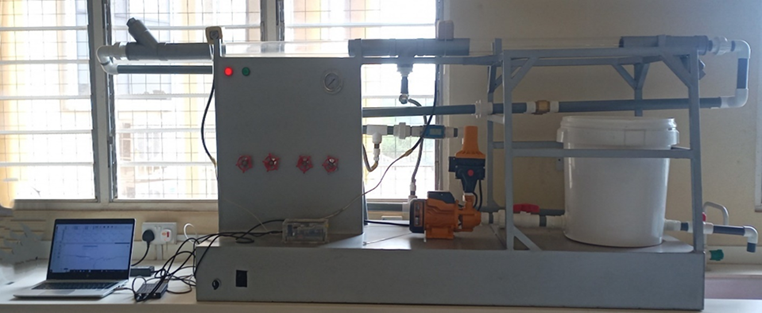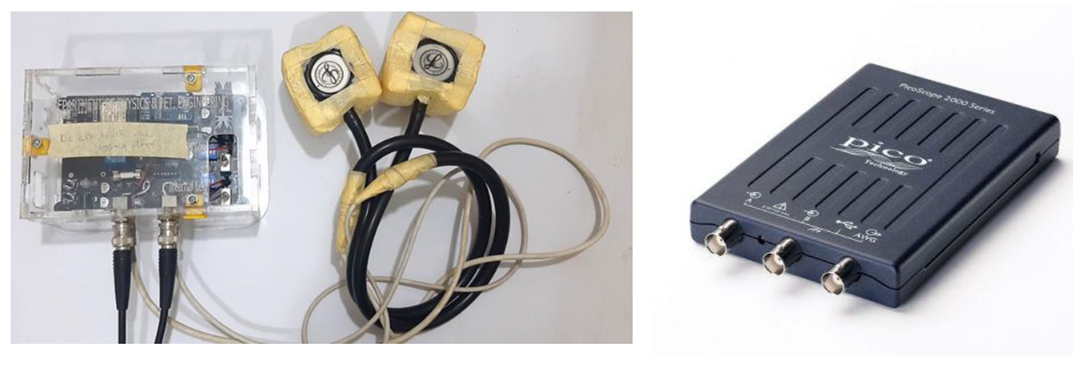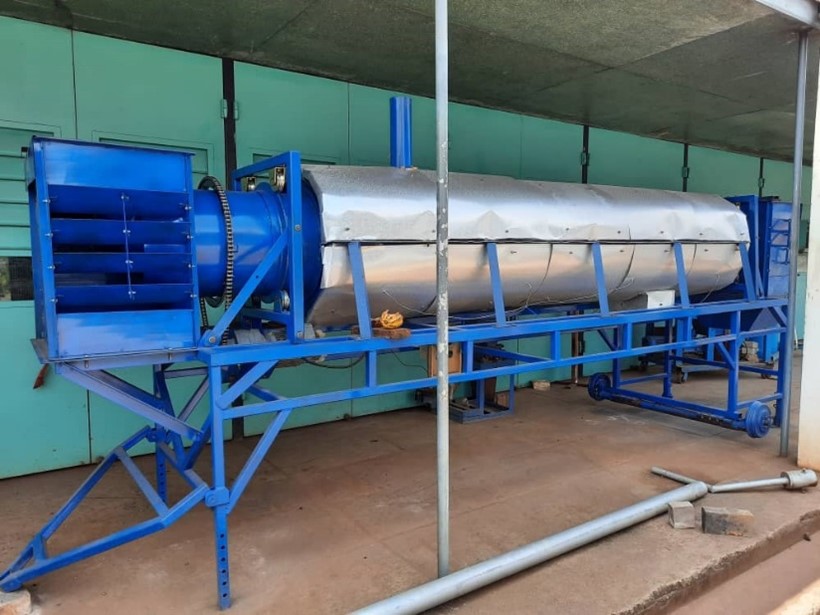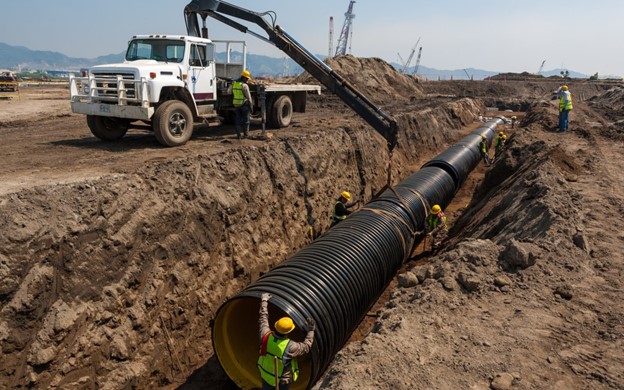Pioneering Innovations in Water Management, Environmental Protection, and Sustainable Development (RWESCK, KNUST)
The Regional Water and Environmental Sanitation Centre, Kumasi (RWESCK) based at Kwame Nkrumah University of Science and Technology (KNUST, Ghana) is making waves in water management, environmental protection, and sustainable development. With cutting -edge research and impactful technologies, RWESCK is positioning itself as a leader in solving some of Ghana’s most pressing environmental challenges
Through innovative projects like non- intrusive water leakage detection and UAV surveillance of illegal mining, the center is delivering practical solutions that promise to transform industries, safeguard ecosystems, and drive sustainable growth.
RWESCK’s standout initiatives
-
Revolutionizing Water Management: Passive Acoustic Sensing for Water Leakage Detection
RWESCK in collaboration with the Community Water and Sanitation Agency (CWSA), is developing a passive acoustic sensing system to detect water leaks without the need for direct contact with pipelines. This Innovation is led by Dr. Kwame Sarkodie from the Department of Petroleum Engineering, is a game changer in water management. The system, which uses machine learning, and advanced signal processing, aims to improve the efficiency and accuracy of water leakage detection, while minimizing disruptions to infrastructure. By revolutionizing how leaks are identified, the project will not only help conserve Ghana’s water resources but also support the country’s water distribution networks, ensuring they are more reliable and sustainable.

-
Robotics and AI: The Future Water Leakage Detection
Building on its expertise in water management, RWESCK is also leading a project that integrates robotics and artificial intelligence (AI) for leak detection, another collaboration with CWSA. A team led by Dr. Sarkodie, Dr. Faisal Adams from the Department of Mechanical Engineering, and Dr. Kwame Oteng Gyasi from Telecommunications Engineering is developing robotic systems that can navigate pipelines and collect real-time acoustic data.

This cutting-edge technology allows for efficient, non-intrusive detection of leaks, offering timely interventions. The use of robotics and AI marks a significant leap forward in managing water infrastructure, ensuring the longevity and integrity of the systems that serve millions of Ghanaians.
-
Protecting the Environment: UAV Technology for Monitoring Illegal Mining
Illegal mining, or “galamsey” (as called in Ghana), continues to devastate Ghana’s environment. RWESCK’s response to this pressing challenge is an unmanned aerial vehicle (UAV) project led by Dr. Faisal Wahib Adam. The UAV, equipped with high-resolution cameras and advanced controls, offers real-time surveillance of illegal mining activities.
This project not only supports law enforcement but also reinforces RWESCK’s commitment to environmental conservation. By using cutting-edge technology to combat illegal mining, the center is helping preserve Ghana’s natural resources and promoting sustainable practices that will benefit future generations.
- Sustainability at Its Best: Rotary Dryer for Food Waste Processing
Tackling food waste and sustainability, RWESCK alumnus Joseph Kwarko-Kyei has developed a rotary dryer that processes food waste into powder for animal feed. This innovative solution addresses the growing issue of food waste management while offering new opportunities for sustainable agriculture.

The rotary dryer’s versatility extends to producing organic fertilizers, reducing Ghana’s reliance on chemical imports. This project exemplifies how RWESCK’s research is not only solving immediate waste problems but also contributing to the country’s broader goals of food security and sustainable farming.
RWESCK’s projects underscore the power of collaboration between academia, industry, and government bodies like CWSA. The center’s focus on practical solutions, supported by cutting-edge research and technology, ensures that it remains at the forefront of addressing critical water management and environmental challenges in Ghana.
With a focus on sustainable development, RWESCK is set to transform industries, protect natural resources, and inspire a future where technology and environmental stewardship go hand in hand. By pushing the boundaries of innovation, RWESCK is not just solving today’s problems, but it is laying the foundation for a better, more sustainable tomorrow.


